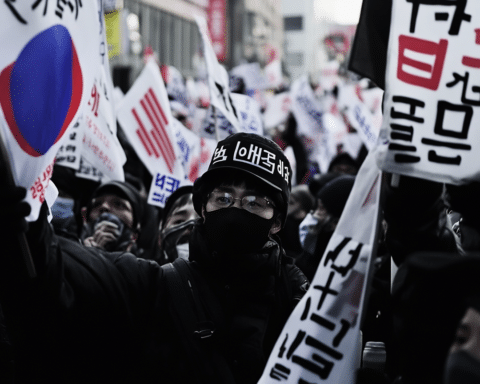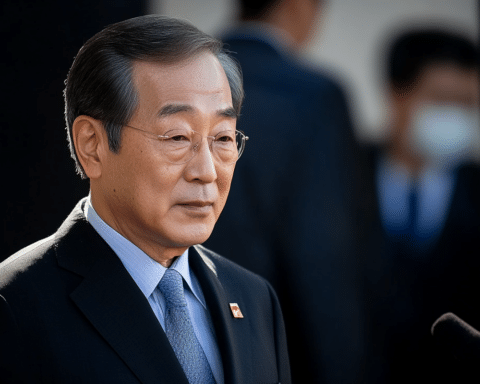South Korea witnessed an unprecedented political crisis as its impeached president, Yoon Suk Yeol, was detained and taken to a detention center near Seoul. The anti-corruption agency led a high-profile operation, raising questions about the limits of presidential authority and the country’s political stability.
A Historic Detention
On Wednesday, Yoon Suk Yeol became the first sitting president in South Korean history to face detention. After weeks of defiance, Yoon was taken into custody following an intense standoff at the presidential compound. He was questioned for over 10 hours before being escorted to a detention center in Uiwang.
Yoon, impeached by parliament on December 14, had imposed martial law earlier that month, citing a need to address an “anti-state” opposition. In a video recorded before his detention, he claimed, “The rule of law has completely collapsed in this country.”
The Anti-Corruption Agency Takes Charge
The Corruption Investigation Office for High-Ranking Officials spearheaded the operation with police and military support. After breaching the compound’s security barriers, investigators detained Yoon, who remained silent during the interrogation. The agency has 48 hours to seek a formal arrest warrant, potentially leading to a prolonged detention.
Legal expert Park Sung-bae explained, “Under South Korean law, rebellion charges can result in life imprisonment or even the death penalty if convicted.”
The Scene of Tension and Protest
The detention operation drew significant public attention. Hundreds of Yoon’s supporters gathered outside the anti-corruption agency’s office, chanting slogans and holding signs that read, “We will fight alongside President Yoon Suk Yeol.” In contrast, critics celebrated his detention as a step toward restoring democracy.
Adding to the turmoil, a man reportedly attempted self-immolation near the site. Authorities have not disclosed further details about his motives or condition.
A Divisive Legacy
Yoon’s presidency has polarized South Korea. His martial law declaration on December 3 led to immediate opposition, with lawmakers lifting the measure within hours. The impeachment process gained momentum shortly after, driven by allegations of rebellion and abuse of power.
In a Facebook post, Yoon defended his actions: “Martial law is not a crime. It was necessary to counter an opposition paralyzing state affairs.”
What Lies Ahead?
As the Constitutional Court evaluates Yoon’s impeachment, the nation awaits its decision, which could either formally remove him or reinstate him. Meanwhile, the anti-corruption agency investigates the rebellion charges, and Yoon’s legal battles continue.
Deputy Prime Minister Choi Sang-mok assured international diplomats of government stability. However, opposition leaders, like Park Chan-dae of the Democratic Party, view Yoon’s detention as a victory for democracy. “This is the first step toward restoring constitutional order,” Park stated.
The detention of President Yoon Suk Yeol marks a turning point in South Korea’s political history. While supporters rally behind him, opponents demand accountability for his actions. The coming days will be critical as the legal process unfolds, shaping the nation’s democratic values.





